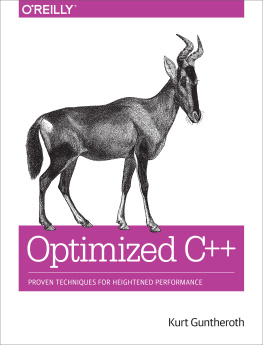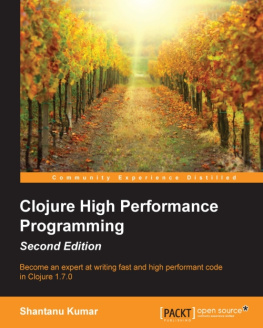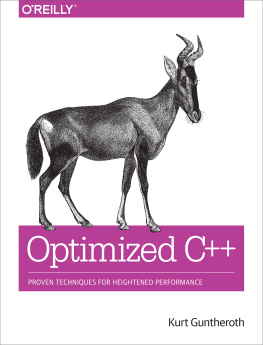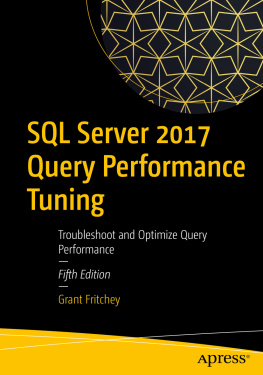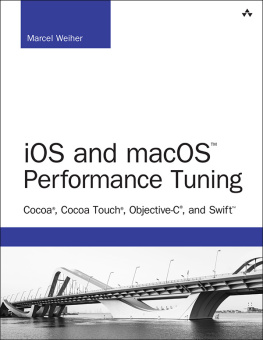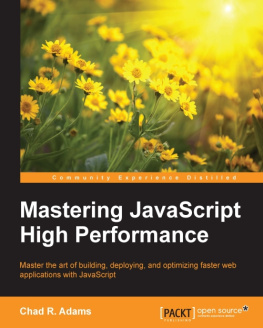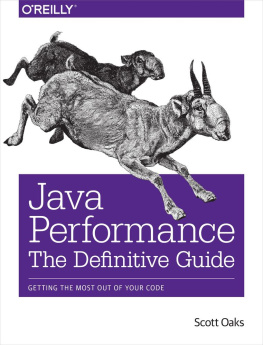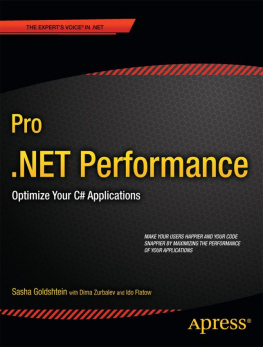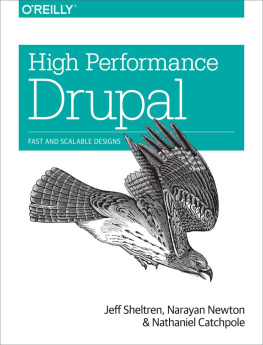Kurt Guntheroth - Optimized C++: Proven Techniques for Heightened Performance
Here you can read online Kurt Guntheroth - Optimized C++: Proven Techniques for Heightened Performance full text of the book (entire story) in english for free. Download pdf and epub, get meaning, cover and reviews about this ebook. year: 2016, publisher: O’Reilly Media, genre: Computer. Description of the work, (preface) as well as reviews are available. Best literature library LitArk.com created for fans of good reading and offers a wide selection of genres:
Romance novel
Science fiction
Adventure
Detective
Science
History
Home and family
Prose
Art
Politics
Computer
Non-fiction
Religion
Business
Children
Humor
Choose a favorite category and find really read worthwhile books. Enjoy immersion in the world of imagination, feel the emotions of the characters or learn something new for yourself, make an fascinating discovery.
- Book:Optimized C++: Proven Techniques for Heightened Performance
- Author:
- Publisher:O’Reilly Media
- Genre:
- Year:2016
- Rating:5 / 5
- Favourites:Add to favourites
- Your mark:
Optimized C++: Proven Techniques for Heightened Performance: summary, description and annotation
We offer to read an annotation, description, summary or preface (depends on what the author of the book "Optimized C++: Proven Techniques for Heightened Performance" wrote himself). If you haven't found the necessary information about the book — write in the comments, we will try to find it.
In todays fast and competitive world, a programs performance is just as important to customers as the features it provides. This practical guide teaches developers performance-tuning principles that enable optimization in C++. Youll learn how to make code that already embodies best practices of C++ design run faster and consume fewer resources on any computerwhether its a watch, phone, workstation, supercomputer, or globe-spanning network of servers.
Author Kurt Guntheroth provides several running examples that demonstrate how to apply these principles incrementally to improve existing code so it meets customer requirements for responsiveness and throughput. The advice in this book will prove itself the first time you hear a colleague exclaim, Wow, that was fast. Who fixed something?
- Locate performance hot spots using the profiler and software timers
- Learn to perform repeatable experiments to measure performance of code changes
- Optimize use of dynamically allocated variables
- Improve performance of hot loops and functions
- Speed up string handling functions
- Recognize efficient algorithms and optimization patterns
- Learn the strengthsand weaknessesof C++ container classes
- View searching and sorting through an optimizers eye
- Make efficient use of C++ streaming I/O functions
- Use C++ thread-based concurrency features effectively
Kurt Guntheroth: author's other books
Who wrote Optimized C++: Proven Techniques for Heightened Performance? Find out the surname, the name of the author of the book and a list of all author's works by series.

